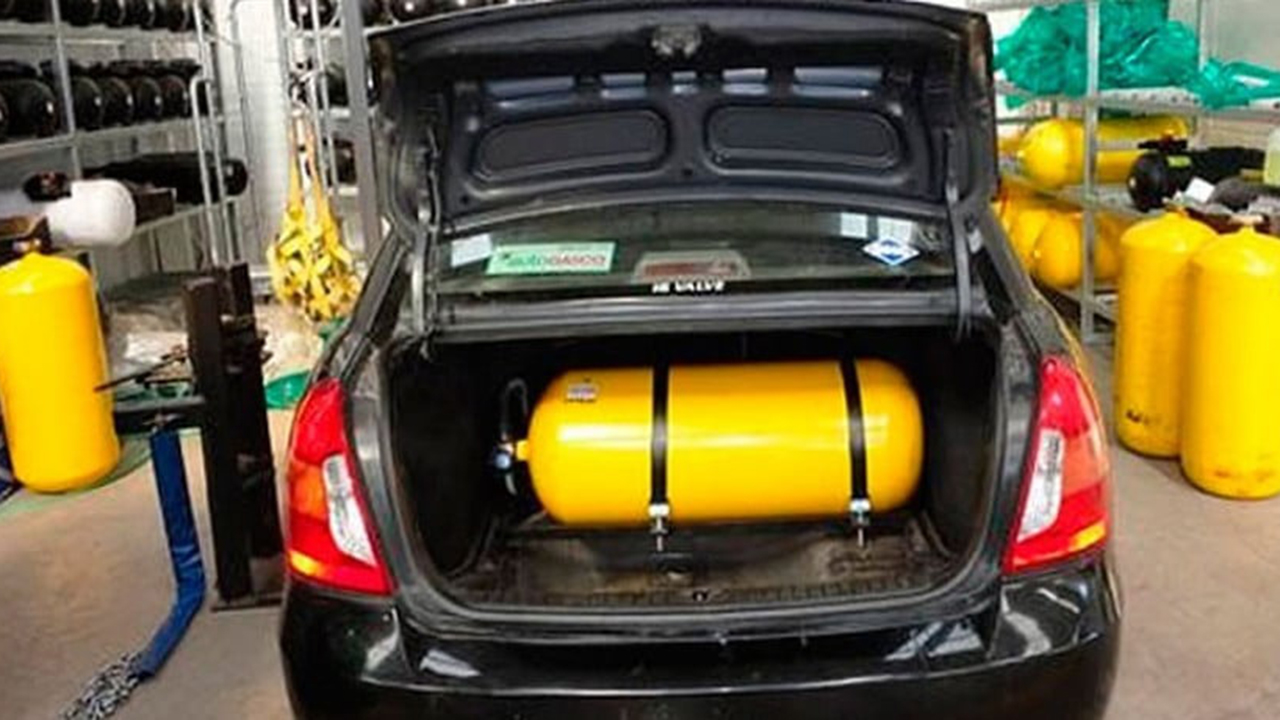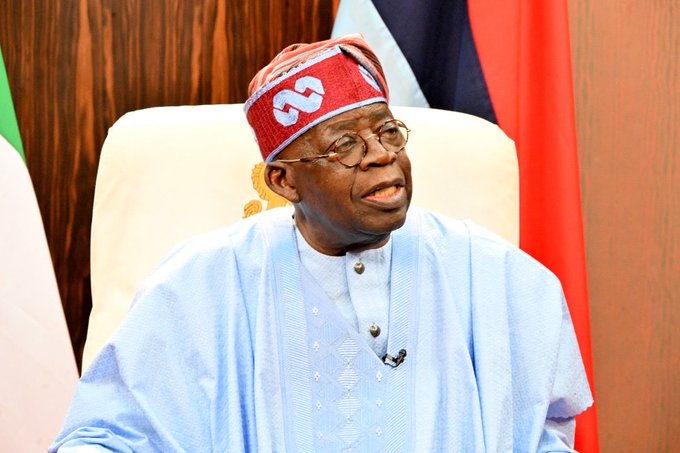Piql West Africa, the Nigerian partner of Norwegian data preservation company Piql AS, will tomorrow host its second Public Sector Breakfast Meeting at the Musa Yar’Adua Centre, Abuja, to push for a national approach to preserving Nigeria’s records and digital memory.
The event will gather senior figures from government, academia, development agencies and the private sector to discuss how Nigeria can build a secure system for archiving public records, safeguarding cultural heritage and protecting vital knowledge systems for the future.
Organisers say the conversation comes at a crucial time, as debates about data sovereignty, digital governance and artificial intelligence regulation gain momentum across the country.
Speaking ahead of the meeting, Nze Ed Keazor, Chairman of Piql Africa Ltd, said Africa cannot afford to lose its memory.
He explained that the long-term preservation of records and knowledge is not just an option but a necessity for national development. “Tomorrow’s event is about ensuring that Africa’s stories, science and achievements are not forgotten,” he said.
Piql Nigeria is already working with partners including the National Archives and universities to establish Nigeria’s first dedicated digital preservation production facility. This centre would protect important national records, from governance files and research data to cultural archives and land documents. To ensure maximum security, copies would also be stored in the Arctic World Archive in Svalbard, Norway, a location regarded as one of the safest places on earth for long-term storage.
Piql’s technology, which is already used internationally, is designed to keep data safe for more than 500 years. Its unique PiqlFilm format is stored offline, tamper-proof and resistant to cyberattacks, climate events and digital decay. The information can be accessed in the future without relying on internet connections, electricity or proprietary software, making it suitable for institutions seeking permanent protection for their archives.
Tomorrow’s meeting will also celebrate Nigerian excellence by honouring leaders who have contributed to records preservation and public sector modernisation. Among those to be recognised are Sir Terence Onyejiaku, Director-General of the Imo State Data Management Centre, Professor Emeka Oguzie, Deputy Vice-Chancellor of Research at FUTO and Centre Leader of ACE-FUELS, and Professor Chinwe Anunobi, Chief Executive of the National Library of Nigeria.
The discussions will focus on Nigeria’s roadmap for establishing a Piql production facility, partnerships with key national institutions, the preservation of land, health and education records, and the expansion of pilot projects with the National Council for Arts and Culture. The meeting will also feature the presentation of Arctic World Archive certificates to pioneering Nigerian entries and the creation of a Strategic Advisory Committee to guide the initiative.
Organisers say the Abuja meeting will help set Nigeria on the path towards building a resilient digital heritage infrastructure. According to Keazor, the effort is about more than technology; it is about securing Nigeria’s story for generations to come and giving future leaders access to the knowledge that shaped the country’s history.
The event is strictly by invitation, but Piql Nigeria says it plans to host further engagements to encourage wider participation as the preservation movement grows.
Pigl Nigeria’s economic future depends on preserving its financial and policy records, experts warn. As the country pursues reforms and seeks foreign investment, much of its vital data – from monetary policy decisions to banking recapitalisation reports remains scattered, outdated, or at risk of loss.
Across Africa, disasters have destroyed archives, causing policy gaps and weakening investor confidence. Other nations are adopting long-term digital preservation solutions, such as Norway’s Arctic World Archive.
Analysts say the Central Bank of Nigeria should lead efforts to secure institutional memory, create a national data preservation facility, and ensure future leaders can learn from past decisions






